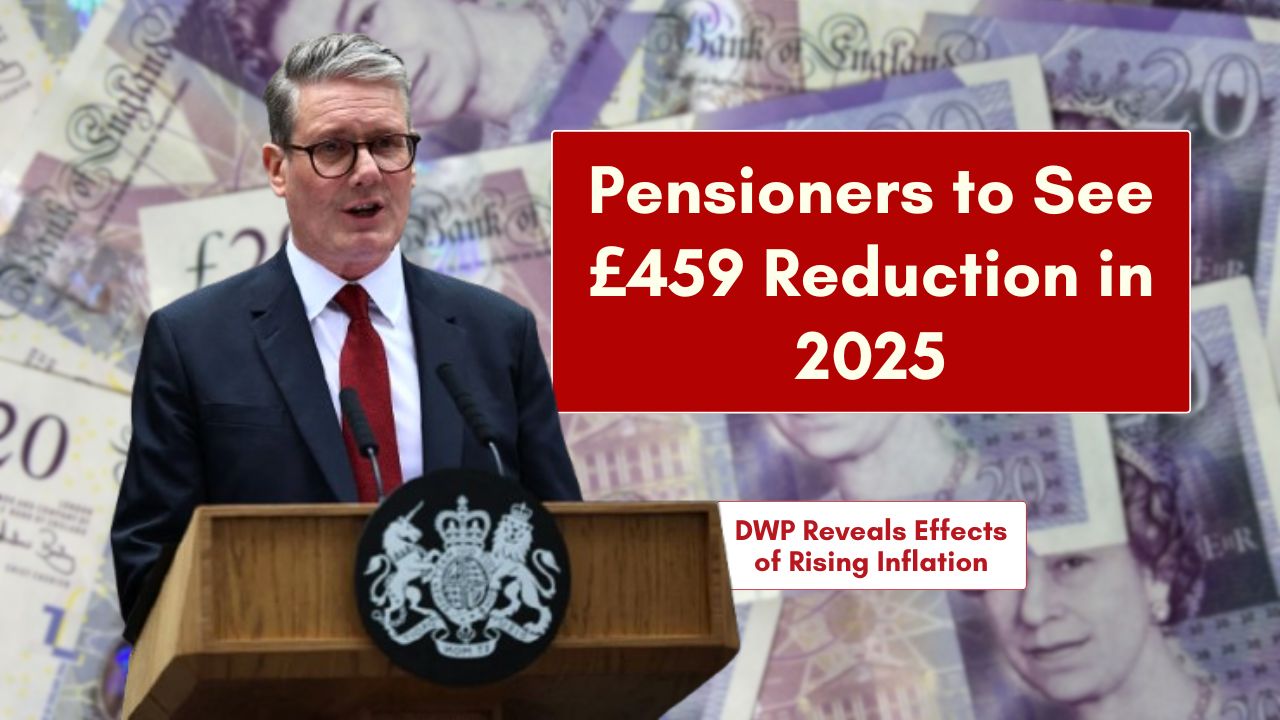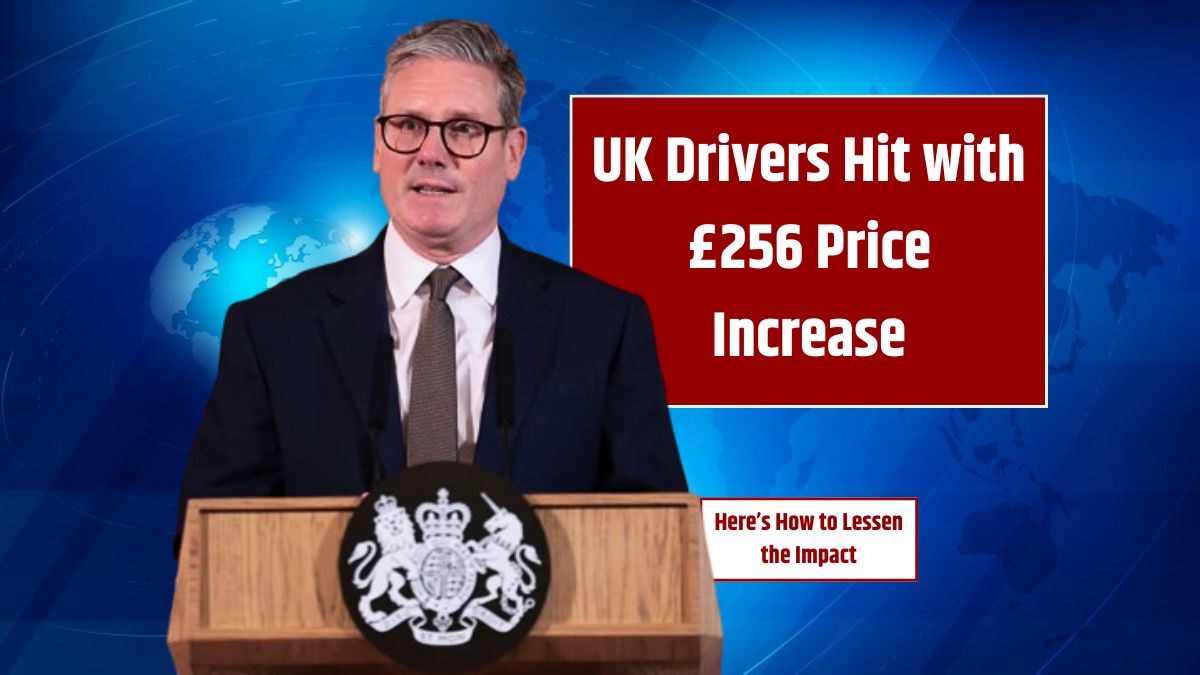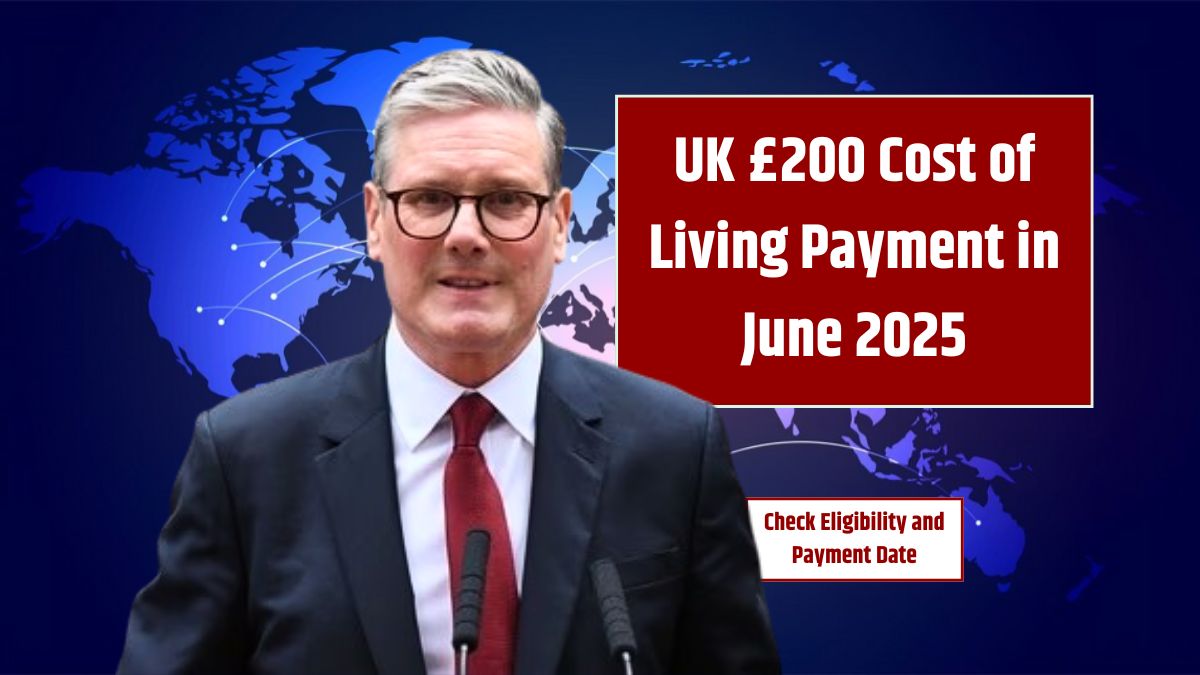As inflation and government policy shifts continue to reshape the financial landscape, UK pensioners are facing an unwelcome forecast in 2025: a projected annual income reduction of up to £459. This drop is largely due to the end of the Winter Fuel Payment top-up and revised eligibility for key benefits such as Personal Independence Payment (PIP) and Universal Credit.
For many retirees already stretched by rising costs, these cuts could mean choosing between heating and eating. This article breaks down what’s happening, who’s affected, and—most importantly—how to protect yourself or your loved ones.
Breakdown
| Aspect | Details |
|---|---|
| Reduction Amount | Up to £459 per year |
| Main Cause | Loss of Winter Fuel Payment top-up and stricter benefit eligibility |
| State Pension Rise (2025) | From £221.20 to £230.25/week (4.1%) |
| Affected Benefits | Winter Fuel Payment, PIP, Universal Credit |
| Pensioners at Risk | Over 100,000 may fall below the poverty line |
| Source | Department for Work and Pensions (DWP) |
Pensioners Losing Money
The £459 annual reduction mainly results from the end of the Cost of Living top-up to the Winter Fuel Payment. Between 2022 and 2024, pensioners received an additional £250–£300 to help cover heating costs. From 2025, only those on means-tested benefits like Pension Credit will continue to receive that extra support.
Example:
- Before: Winter Fuel Payment + £300 top-up = £300–£600 total
- After: Standard Winter Fuel Payment only = £100–£300
- Loss: Up to £300 depending on your circumstances
Combined with high inflation and benefit reforms, that loss can tip the balance for many pensioners living on fixed incomes.
Rising Prices, Shrinking Support
Despite a modest rise in the State Pension, inflation continues to erode purchasing power.
- Energy prices: Up 18% year-on-year (Jan 2025)
- Food costs: 12% increase compared to last year
- Council tax and rent: Also on the rise
Benefit reforms are targeting health-related support, especially for disabled pensioners or those with chronic illnesses. These cuts are expected to save billions for the government—but they come with real consequences for vulnerable individuals.
Key Benefit Changes
- Extra £300 Cost of Living top-up ending for most
- Only those on Pension Credit will still receive it
- Payments now revert to standard levels (£100–£300)
Personal Independence Payment (PIP)
- Stricter eligibility and new assessment model rolling out
- Up to 800,000 people may lose PIP by 2030
- Average loss: £4,500/year
- Affected: Pensioners with mobility issues, chronic illness, or mental health conditions
Universal Credit
For disabled individuals claiming Universal Credit:
- New claimants (post-April 2026): Health element set to £50/week
- Existing claimants: Health support frozen at £97/week
- While basic Universal Credit will rise, these specific elements won’t keep up with inflation
State Pension
There’s a small silver lining. The State Pension is going up 4.1% in April 2025, thanks to the triple lock guarantee.
- 2024 Weekly Rate: £221.20
- 2025 Weekly Rate: £230.25
- Annual Boost: ~£470
Still, this increase barely offsets losses from the Winter Fuel Payment and PIP changes for many.
What Can You Do?
Being proactive is key. Here are steps you can take to protect yourself or a loved one:
1. Check Pension Credit Eligibility
Even a small entitlement to Pension Credit can unlock:
- Winter Fuel Payment top-up
- Free TV licence (over 75s)
- Council tax reductions
- Free dental and optical care
Use the Pension Credit calculator on GOV.UK to check.
2. Get a Benefits Check-Up
Speak with Citizens Advice, Age UK, or a welfare rights advisor. You might be missing out on:
- Housing Benefit
- Attendance Allowance
- Carer’s Allowance
3. Reassess PIP or Universal Credit Status
If you currently receive PIP or the health element of Universal Credit, stay alert to letters from the DWP about reassessments or changes.
Don’t delay appeals or requests for support—these benefits often need quick responses to avoid disruptions.
4. Budget Carefully
With inflation still high, review your monthly outgoings. Useful tips:
- Use energy comparison tools to switch suppliers or tariffs
- Track grocery spending with free budgeting apps
- Apply for council tax support or discounts
5. Local Grants
Many local councils and charities offer:
- Energy bill help
- Crisis grants
- Food vouchers
- Community transport
Visit your council’s website or speak to a community hub for options in your area.
FAQs
Why is my Winter Fuel Payment lower?
The Cost of Living top-up has ended unless you get Pension Credit.
Will my State Pension increase cover the loss?
No. The increase helps, but won’t fully offset the cut in other benefits.
Who should check Pension Credit eligibility?
Any pensioner with low income or no savings should check.
Can I still get help with energy bills?
Yes. Many councils offer emergency grants—check your local authority.
What if I lose my PIP?
You can appeal. Contact Citizens Advice or a benefits specialist quickly.













